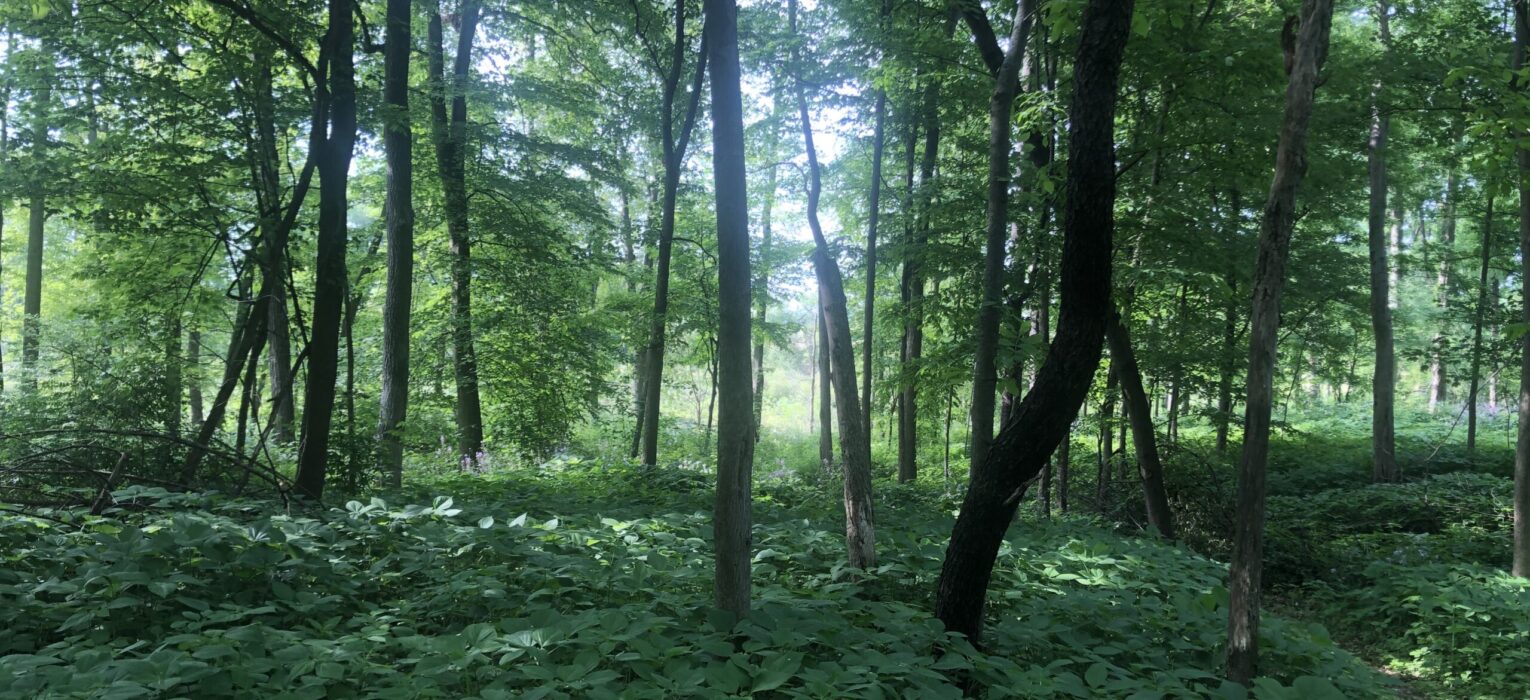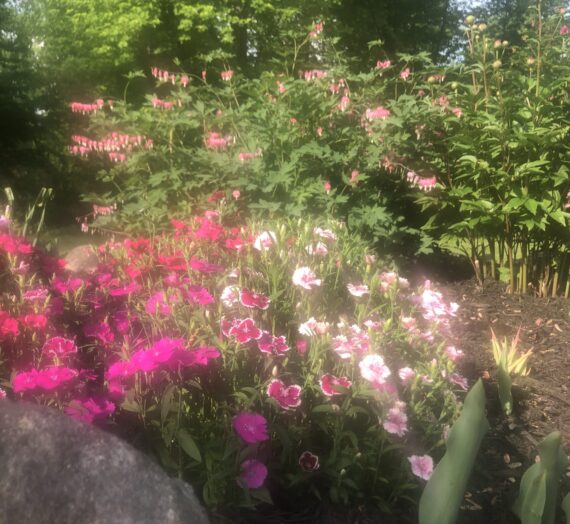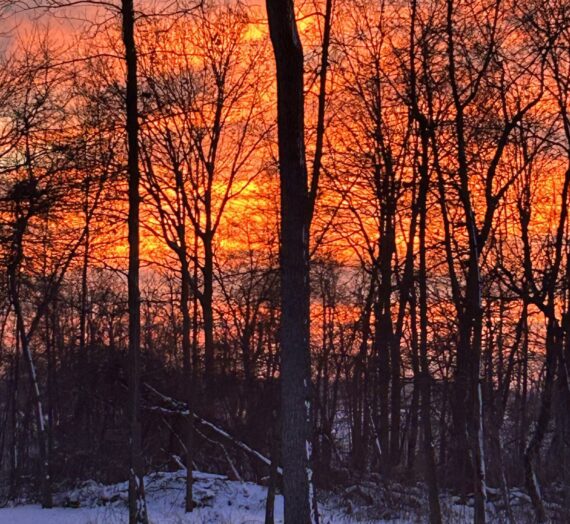Why Nature?
Research across psychology, neuroscience, and public health shows that spending time in nature has endless benefits. Those benefits include:
- Improved attention and memory – better focus and less mental fatigue
- Less stress and anxiety – lower cortisol levels and increased calm
- Reduced overall depression and mood disorders
- Better sleep quality
- Emotional resilience and better moods – happier, more satisfied, and emotionally stable
- Enhanced physical health and immune function
- Improved social skills
- Increased environmental stewardship
- Stronger sense of purpose
These benefits come in just 20 to 30 minutes a day and become evident with just two hours a week spent in nature. While a walk in the woods certainly amplifies nature’s impact, even just viewing a picture of nature shows benefits.
Maybe it’s because what we typically consider to be “nature” extends before and beyond our own existence and even connects with it, a concept Vincent Lilenti calls Longstorming, and connects with something deep inside us. Perhaps it’s because of the restoration we feel as part of the biological symbiosis that exists. Maybe it’s also the lack of forcing that nature does, something we regularly do and that often overwhelms us in our productivity-driven lives.
Whatever the reason, a walk in the park or down a tree-lined sidewalk might be exactly what you need to change how you feel physically and mentally. Even more powerful, though, is the impact nature can have on you spiritually.
Connection to the Creator
Connection to my creator deepens when I spend time in nature. This is compounded when I interact with the created world. Gardening. Foraging. Birding. Loneliness also doesn’t seem to follow me into the woods where I let myself wander without technology and other distractions.
The Bible gives many insights into why nature stirs something to deep within us and why we feel more connected to our Creator the more time we spend in it.
Nature’s beauty reflects God’s glory.
“Not even Solomon in all his splendor was dressed like [the flowers of the field].” (Matthew 6:29)
Nature’s lessons reveal God’s careful design.
“When I consider your heavens, the work of your fingers, the moon and the stars, which you have set in place, what is mankind that you are mindful of them, human beings that you care for them?” (Psalm 8:3-4)
Nature’s mysteries draw our curiosity.
“As you do not know the path of the wind, or how the body is formed in the mother’s womb, so you cannot understand the work of God, the Maker of all things.” (Ecclesiastes 11:5)
Nature’s revelations gives us answers.
“For since the creation of the world God’s invisible qualities – his eternal power and divine nature – have been clearly seen, being understood from what has been made, so that people are without excuse.” (Romans 1:20)
Nature’s praise motivates our own praise.
“I tell you,” [Jesus] replied, “if [my disciples] keep quiet, the stones will cry out.” (Luke 19:40)
When I’m feeling stressed and overwhelmed, time outside always lessens those feelings. When life feels heavy, nature’s mysteries draws me into a curiosity that lightens me. When confusion and frustration dominate the news and my perspective, nature reminds me that God is in control. And when I struggle finding a positive outlook, nature’s praise points me to gratitude that eventually leads me to a renewed outlook.
God provided the natural world to give us what we need for our survival and to help us find and regularly renew mentally, physically, and spiritually. There are myriad ways to experience nature, too. I invite you to discover – or rediscover – a relationship with God’s created world today.



